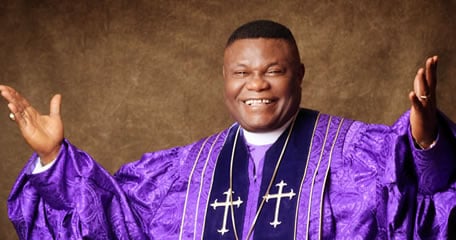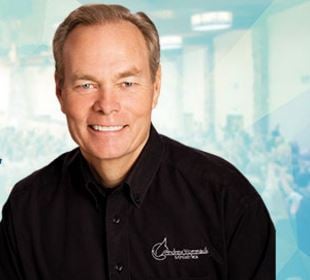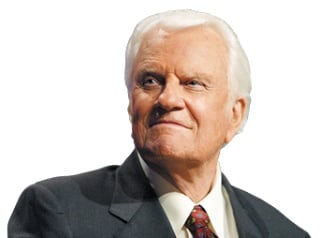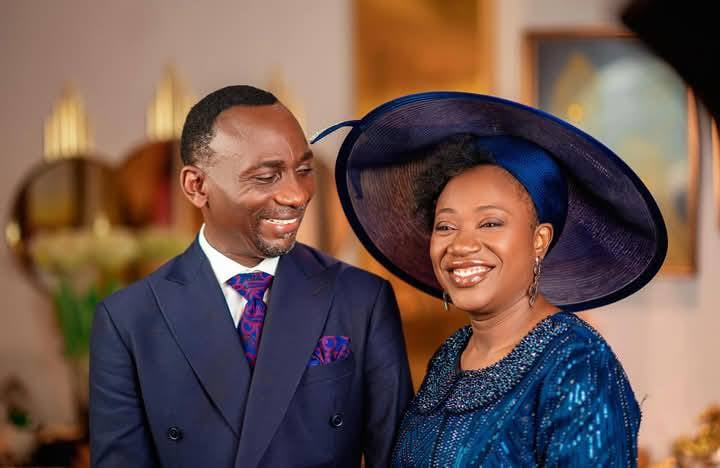In moments (or seasons) when I just can’t seem to measure up to the challenges I’m facing, the solution I most long for is a change in circumstances. I want whatever feels hard to simply go away. I want a life that matches my perceived capacity. I want a break from the action, a vacation, a good cry, a nap.
But what I want most is not always what I need most. I may want different circumstances when what I need is strength for the circumstances I’ve been given.
A Forgotten Virtue
When trouble looms large, or the demands of daily life invade, I wonder if other women also forget the virtue of strength. Our weaknesses clamor for our attention, and we overlook the fact that we can grow stronger. We want to know we’ve done enough, but we neglect to ask whether God is equipping us to do more. We draw boundaries and defend them, but we’re slow to extend them. We want to change our circumstances, and we forget that God promises to change us.
In his word, God never asks us to pretend to be strong when we’re not, but he also does not leave us helpless. He confronts our weakness with the promise of his own invincible might and creates real strength in us (Isaiah 40:29; Colossians 1:11; 1 Peter 4:11). “My power is made perfect in weakness,” Jesus tells Paul, so Paul can say truly, “Then I am strong” (2 Corinthians 12:9–10).
In days (or seasons) when we’re prone to forget, Proverbs 31 offers us a timeless reminder of the goodness of feminine strength:
An excellent wife who can find?
She is far more precious than jewels. . . .
She dresses herself with strength
and makes her arms strong. . . .
Strength and dignity are her clothing,
and she laughs at the time to come. (verses 10, 17, 25)
This valuable woman is “excellent,” translated “virtuous,” “of noble character,” or “of strength” in other versions. Elsewhere, the Hebrew word chayil describes the valor of a warrior (Joshua 8:3), the strength of an army (1 Samuel 17:20), and the ability of a capable man, the kind of man a king would want among his faithful followers (1 Samuel 14:52). But in Proverbs 31, the model is neither a king nor a warrior but a woman — and a strong woman at that. “Excellent” signifies both virtue and valor, strength of character as well as physical capacity.
Her impressive productivity offers a wide-angle view of her whole life, not her to-do list for each day. But one characteristic appears like a thread woven through it all: She is capable. She gets things done and smiles while she’s at it. In different ways, across different seasons, she “seeks,” “works,” “brings,” “rises,” “provides,” “considers,” “plants,” “opens,” “reaches,” “clothes,” “delivers,” and “laughs.” The one thing she does not do is “eat the bread of idleness” (verse 27).
“Instead of longing for easier circumstances, don’t you long to laugh at the future?”As women today, we may feel oddly unenthusiastic about this ancient picture of God-fearing virtue. We sometimes respond to her accomplishments with a mixture of guilt, jealousy, and unbelief. She goes a bit too far, doesn’t she? We want to believe she isn’t real because she makes us feel inferior and draws out our insecurities. When her standard seems so out of reach, the only reasonable thing to do is to stop reaching — right? After all, who could ever be that productive? That capable? That strong?
Ideal, Real Excellence
Perhaps no one, at least not all at once. But by heeding the call of wisdom, with patience, over time, perhaps anyone, with God’s help. Though this woman is ideal, she is still presented as real. The Bible believes other women can achieve this excellence. One example is Ruth. Boaz tells her, “All my fellow townsmen know that you are a worthy [chayil] woman” (Ruth 3:11). And spreading the net wider, Proverbs 31:29 asserts that “many women have done excellently [chayil].” Perhaps the question is not “Can anyone be like this?” but “Have I forgotten the kind of woman I can be, with God’s help?”
Remember the many strengths of the virtuous woman.
She has capacity. Her activity and ability are front and center. With “willing hands” and strong arms (verses 13, 17), she works hard and gets things done. Her well-managed household is filled with happy hearts (verses 27–28). She is flexible, turning her strength from one task to another with ease. She seems to delight in all she does, and all she does blesses others.
She has endurance. She can get up early or stay up late (verses 15, 18), rising to the needs of demanding days, weeks, months, or even years. She continues to do good, using her strength and increasing it for the benefit of others (verses 12, 17). Not content with “good enough,” she finds new ways to bear fruit (verses 16–18).
She is reliable. The heart of her husband trusts in her, and she delivers on that trust (verse 11). She is consistent in her responsibilities and keeps her commitments. The poor and needy rely on her generosity, and she’s prepared for the storms of life (verses 20–21).
She has emotional strength. The uncertainties of the future evoke her laughter rather than her anxiety. The changes and chances of this fleeting world will surely come, but her strength is sufficient to the challenge (verse 25). She is not only prepared for storms; she is unafraid of them (verse 21). She shows no signs of self-pity or self-centeredness but manifests a consistent joy independent of circumstances.
Most significantly, she has spiritual strength. She is “a woman who fears the Lord,” worthy to be praised (verse 30). Her God-fearing heart overflows in God-honoring words: She speaks wisdom and teaches kindness (verse 26). Fear of God, “the beginning of wisdom” (Proverbs 9:10), is the root of all her strength. The God to whom she belongs is infinitely worthy of all her trust, and her whole life rests in his loving care and rule. From her faithful Father come life and breath, wisdom and work, loss and gain, suffering and strength, and she offers them back to him with a willing heart, day by day.
Aren’t these strengths beautiful? Don’t you want to be as wise and willing, as capable and commendable as this woman? Instead of longing for easier circumstances, don’t you long to laugh at the future? I know I do.
Let Strength Grow
The Proverbs 31 woman is meant not to repulse us but to compel us. She invites us to join her among the many excellent women, increasing our strength one day, one task, one trial at a time. She beckons us to be women who are “strong in the Lord and in the strength of his might” (Ephesians 6:10), who “seek the Lord and his strength” (Psalm 105:4), and who “have strength to comprehend with all the saints . . . the breadth and length and height and depth of the love of Christ” (Ephesians 3:18).
Such strength doesn’t happen overnight. Strength is something that grows. And growing stronger does not mean we outpace the strongest person we know; it means we outpace ourselves, sometimes inch by inch. With God’s help, today we can be stronger than we were yesterday. Although we “slowly move forward by staggering, limping, and even crawling on the ground,” John Calvin assures us, “no one advances so hopelessly as not to make at least a bit of progress daily on the way. . . . When today is better than yesterday our effort is not wasted” (Institutes 3.6.5).
Growing in God-dependent strength might not change our circumstances, but it will change our hearts and our hands, our attitudes and actions, our marriages, homes, friendships, and communities. Let’s be women who remember this forgotten virtue, fearing God as we “go from strength to strength” (Psalm 84:7).

.jpeg)














.jpeg)













 English (US) ·
English (US) ·